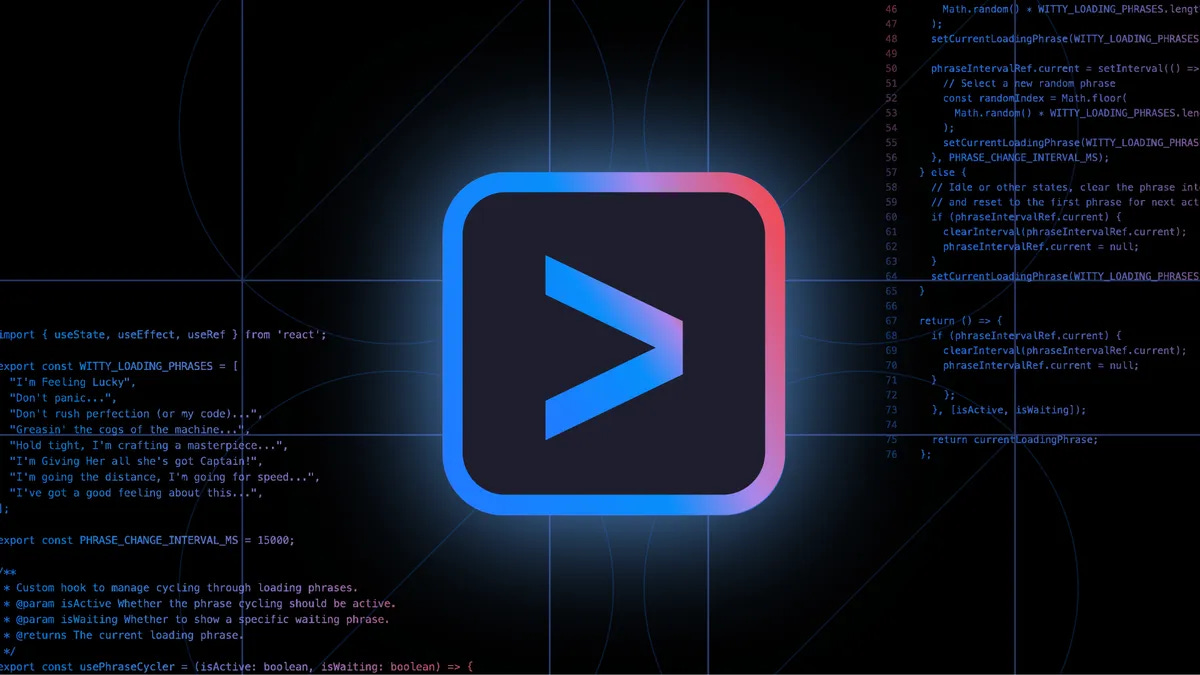If you're still building products only for humans, you're already missing out on a massive new customer base: AI agents.
Joining Dev Interrupted is Andrew Hamilton, co-founder and CTO of Layer (a first-of-it’s kind MCP agency) to unravel this monumental shift in how products will be discovered and consumed. He dives into how AI agents are rapidly evolving from developer tools to direct consumers of APIs and products, with new standards like the MCP spearheading this transformation by effectively creating an "app store for LLMs." This evolution demands a complete rethink of product design, packaging, and user experience for an entirely new kind of user.
Andrew educates us about how successfully leveraging MCP isn't about a simple one-to-one API mapping, but about thoughtfully designing an "agent experience" based on key user workflows and providing pre-packaged capabilities. He shares insights on identifying good MCP candidates, the importance of experimentation in this fast-moving space, and how tools like Layer are defining the frontier of agent-accessible tooling.
“If you're still building for humans, then you're missing half of, or even more of your potential consumer base. It's a whole new wave of product adoption.”
The Download
The Download is reading ahead in the changelog. 📜
1. Google hands A2A to the Linux Foundation 🤝
Google has donated its Agent2Agent (A2A) protocol to the Linux Foundation, teaming up with heavyweights like AWS, Microsoft, and more to chart the future of the agentic protocol. This open standard will enable seamless communication between AI agents, potentially revolutionizing how we orchestrate AI interactions. With the Linux Foundation’s neutral stewardship, the A2A project could spark a new wave of innovation in AI development, so we’ll keep our eyes peeled for what’s next.
Read: Google Cloud donates A2A to Linux Foundation
2. Meet Gemini CLI: Google’s new open-source AI agent 🤖
Google just dropped Gemini CLI, an open-source AI agent designed to copilot your coding experience. With the highest free-tier usage limit in the market, it’s a playground for developers looking to integrate AI into their workflows. If you’re like
and live in your CLI, this tool might just become your new best friend. By the way, check out Andrew on Block’s Great Goose Off this week, a vibe coding “game show” where you can watch the host of Dev Interrupted use Goose to code something against the clock.Read: Gemini CLI: your open-source AI agent
3. AI scientists are changing jerseys with huge signing bonuses 🎽
Meta has snagged 3 researchers from OpenAI as part of its aggressive strategy to revamp its AI initiatives. With salaries that rival pro sports contracts, the AI talent war is heating up. Who needs trading cards when you have signing bonuses this big? As companies like Meta invest heavily in AI staff, we might see the landscape shift to a few dominant players, much like the operating system market.
Read: Meta poaches OpenAI researchers
4. Airtable goes AI-native with Omni 🌐
Airtable is stepping into the AI arena with its new Omni app generator, aimed at making data management accessible to all users via on-the-fly interfaces prompted from natural language no coding skill needed. Airtable’s position in project management could give it an edge in harnessing AI’s potential. As project management tools evolve, could Airtable become the go-to for AI-enhanced workflows?
Read: Airtable as the AI-native app
Code reviews just got smarter (sponsored)
Stop treating code review like a chore. Start treating it like a strategic advantage:
🔎 Instant PR summaries that make context switching painless
⚡ Smart suggestions that go beyond linting
📬 Reviewer routing that gets the right eyes on the right code
The result? Higher-quality reviews, faster merges, and more time for actual engineering. LinearB AI reduces cognitive load, flags critical issues early, and frees reviewers to focus on architecture and business logic. Check out the button below if you’re ready to level up your reviews.
5. Google’s research reveals AI’s growing impact on engineering 📊
In a recent study, Google identified 12 core goals for AI-driven engineering excellence, highlighting the widening gap between casual users and those mastering AI tools. In highlighting a focus on T-shaped skills and a 6-step AI workflow, the research emphasizes the need for leaders to support junior developers and embrace expanded planning cycles. As AI continues to reshape the software engineering landscape, organizations that adapt will gain a significant competitive advantage.
Read: The 12 goals Google uses to define AI-driven engineering









